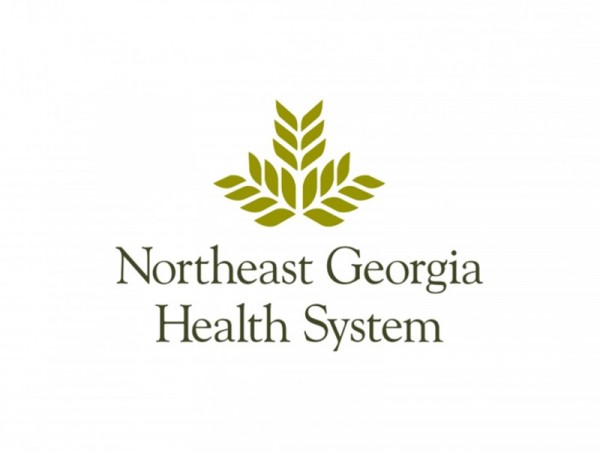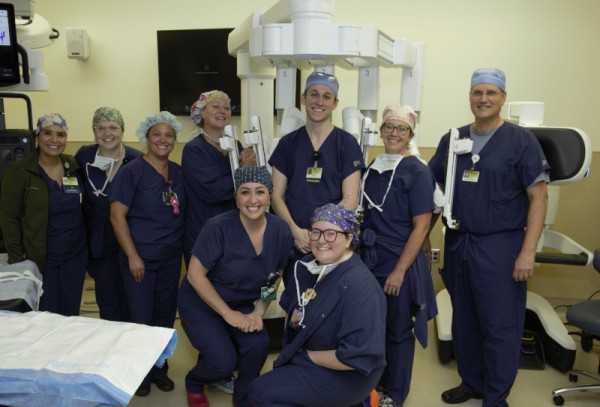AccessWDUN spoke with Northeast Georgia Health System Vice President Dr. John Delzell who says the flu season has continued into the new year along with a rise in COVID-19 cases.
“This time of year is a time when we typically see this fairly large increase in respiratory infections,” Delzell said. “In the time before we had COVID on the scene, we would always talk about this being the flu season. And that usually starts somewhere in the end of October, or beginning of November is when you start to see it, and that often continues on through until the spring.”
An added complexity to the last few year's flu season is the advent of COVID-19 and Respiratory Syncytial Virus, more commonly known as RSV according to Delzell.
“The virus [RSV] seemed to mutate and change a bit and started to affect older people, and particularly older people with maybe chronic conditions or lung problems, heart problems, that kind of thing, that they didn't have as much of an impact previously,” Delzell noted.
Over the past several weeks, NGHS has seen a higher number of people coming into the hospital, both for influenza and COVID-19. Many of those coming through the doors are from the older generations with chronic lung disease, heart disease or other preexisting conditions.
The easiest way to prevent the spread of illness is through “the same stuff your mom told you,” Delzell said. Covering your mouth when you cough or sneeze and washing your hands. Additionally, Delzell noted that one major implement seen worldwide since COVID-19 has been the use of a mask.
“I think maybe one of the better things that come out of COVID is now I see people, if they've got a little sniffle or a little cough, and they're not sick enough to not go to work, or not go out in the in the community, they'll put a mask on, which is really helpful,” Delzell said. “That helps to keep that from spreading.”
For all three common illnesses being seen right now, namely COVID-19, influenza and RSV, there are also vaccines for each, to help prevent the spread of the illnesses according to Delzell.
“For most people, let's say younger, healthy people, even if they get COVID, or even if they get influenza, they're not going to get sick enough to be in the hospital,” Delzell said. “So we always say that for most people, you don't have to go in, you can take Tylenol for fever, make sure you're getting plenty of fluids, get rest.”
















